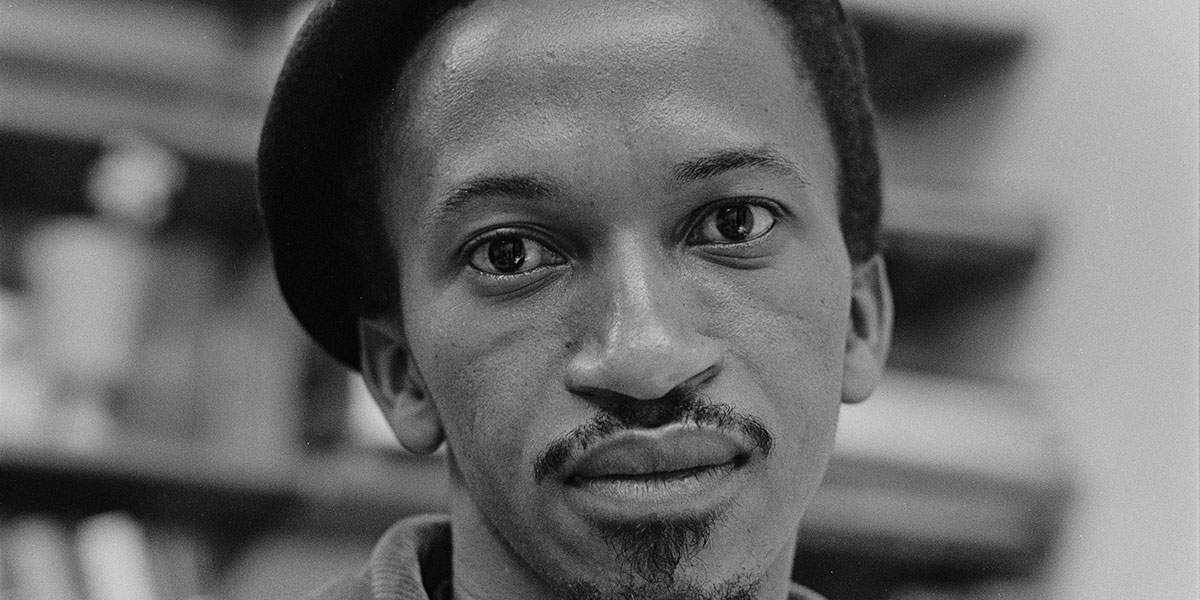
Honestly, I wish I could carve out time for more documentaries at TIFF. With over 200 films, it’s a massive endeavor, and the high-profile, star-packed fiction films often demand my attention. However, I did seek out three specifically this year that piqued my interest, and was satisfied with the results.
My favorite of the three was Jen Gatien and Billy Corben’s riveting “Men of War,” a story of baffling incompetence that becomes something more compassionate when it highlights the reality-shaping impact of its subject’s PTSD. Corben is one of the most interesting documentarians out there, making his mark with the “Cocaine Cowboys” mini-series and shooting the unforgettable “Screwball,” about the steroid controversy in MLB. As a huge fan of “The Dan Le Betard Show,” I also often get a window into Corben’s world via podcasts and radio appearances wherein he typically tackles the corruption in Miami with a fearless brand of journalism.
His subject matter this time with Gatien at first feels like another film that could easily mock a deeply broken system, and there’s some of that. Corben and Gatien leave many of the questions about how we got to a place where a man could basically stage his own coup against the Venezuelan government—and everyone involved in funding it and shaping it would deny involvement—for after-film discussions. The answer there is really just to read any number of books or watch any number of films about the deep incompetence and lack of organizational oversight in the Trump Administration. Gatien and Corben drop in some names that politicos will recognize, but they keep their camera on the people involved, primarily the unforgettable Jordan Goudreau.
Goudreau’s operation is referred to early in “Men of War” as “Fyre Fest: The Army,” which is a nice preview for what follows. Goudreau is one of many men who was inspired by the patriotism in North America after 9/11, becoming a lifelong miliary man. He even switched from the Canadian military to the US forces, and he received three Bronze Stars for his time in Iraq and Afghanistan. He’s clearly only alive when he’s on a mission, more comfortable when lives are at stake than when he’s at home. I thought of the final act of “The Hurt Locker,” when Jeremy Renner’s protagonist seems more uncomfortable at a grocery store than defusing a bomb.
After being medically-retired, Goudreau moved into the private military sector, forming a company called Silvercorp that drew the attention of Miami power brokers eager to take down the corrupt regime in Venezuela. Corben and Gatien detail meetings with resistance fighters and U.S. government officials, but the mission falls apart, which doesn’t stop Goudreau from basically trying to do it on his own.
Some of the details are sketchy, and it’s never quite clear how much blame Goudreau himself should bear—one of the brothers of a man who was held prisoner by the Venezuelans would argue a lot—but “Men of War” works as well as it does because its stranger-than-fiction tale never loses its human element. There’s a moment late in the film when Goudreau hears “Taps” that’s truly heartbreaking. This man has seen so much that most of us can never imagine. He is a modern man of war, fighting one that never ends.

TEGAN QUIN, SARA QUIN
Erin Lee Carr’s “Fanatical: The Catfishing of Tegan and Sara” is another WTF documentary that premiered at this year’s TIFF, telling a story that sometimes plays like a mystery, but lands as more of a commentary on how artists communicate with fans, and what those fans sometimes think they’re owed from the creators that they love so much.
Canadian twins Tegan and Sara Quin became a pretty big hit on the folk-pop scene with hits like “Closer,” appearing on late night talk shows and performing before sold-out crowds. They created a home away from home for LGTBQ+ people who saw themselves reflected in Tegan & Sara’s music, and the sisters developed a close relationship with their fans. This was a community that was ultimately shattered by what felt like an unimaginable betrayal.
Around 2010, numerous Tegan & Sara fans were forever shaped by their online interactions with who they thought was Tegan Quin. This online Tegan had ALL the right information, including private photos and even demos of unreleased music. Women opened up to the person that would become known as “Fegan” (Fake Tegan) only to learn that she wasn’t the musician but an unknown hacker, someone who had access to so much private material that she could effectively catfish as a famous musician.
The story of “Fanatical” is riveting, but it’s amplified by Carr’s excellent telling of it, one that feels empathetic to everyone involved. One of the people most impacted by Fegan clearly still holds a grudge against the actual Tegan for not being there enough for her as the musician basically shut everyone out. Imagine thinking you’re in a partnership with someone only to discover it’s all been a lie, and the real person is even questioning your motives in the situation. “Fanatical” tells a very difficult, thorny, multi-faceted story very well in that Carr understands that the accessibility of Tegan & Sara, combined with the vulnerability of their fans, created a perfect storm for this situation, one that’s still not really resolved to this day. It’s a heartbreaking tale in that it feels like many of the wounds created by Fegan haven’t healed. Maybe “Fanatical” will help.

My final doc of TIFF 2024 was from one of our best living non-fiction filmmakers, Raoul Peck, who brought his fest hit “Ernest Cole: Lost and Found” to the Canadian fest. Peck can do no wrong, so take that into account when I saw that “Cole” feels minor compared to major works like “I Am Not Your Negro” and “Meet the Barbarians.” It feels like more of a side project, undeniably worth seeing but not a project that worked under my skin as much as his other work. Again, that may not be fair, and this is undeniably worth seeing, but it’s indicative of the remarkably high bar that Peck has set by his previous work.
When Ernest Cole published his book House of Bondage in 1967, it became a worldwide conversation starter, a study of life behind the curtain of apartheid in South Africa. Exiled to the United States and Europe, Cole continued to shoot the world around him, until his far-too-young death in 1990, right before his homeland would change forever with the release of Nelson Mandela. Twenty-seven years later, a Swedish bank vault uncovered 60,000 negative of Cole’s photography—how they got there and who paid to keep them there remains a fascinating mystery—and Peck’s film is made up almost entirely of Cole’s photos, primarily of South Africa, New York, and Sweden. Cole saw pain everywhere he looked, realizing that the United States had similar divisions and systemic structures of pain as South Africa. His work is breathtakingly phenomenal, often a window into the lives that the privileged ignore. Are his shots of white men ignoring Black people during apartheid that different from those walking over the homeless in Manhattan? All of this is narrated by Lakeith Stanfield, often using Cole’s own words to tell his life story.
A new book of Cole’s work, The True America, has just been published, and my one issue with “Ernest Cole: Lost and Found” might be that I’m more excited to just look at that volume than to experience Peck’s film again. It could be something as simple as the truth that Cole’s skill as a photographer was so pronounced that no film about him could really capture what he did when he held a camera to the world and saw it in a way that captured truth more than any documentary ever could.



